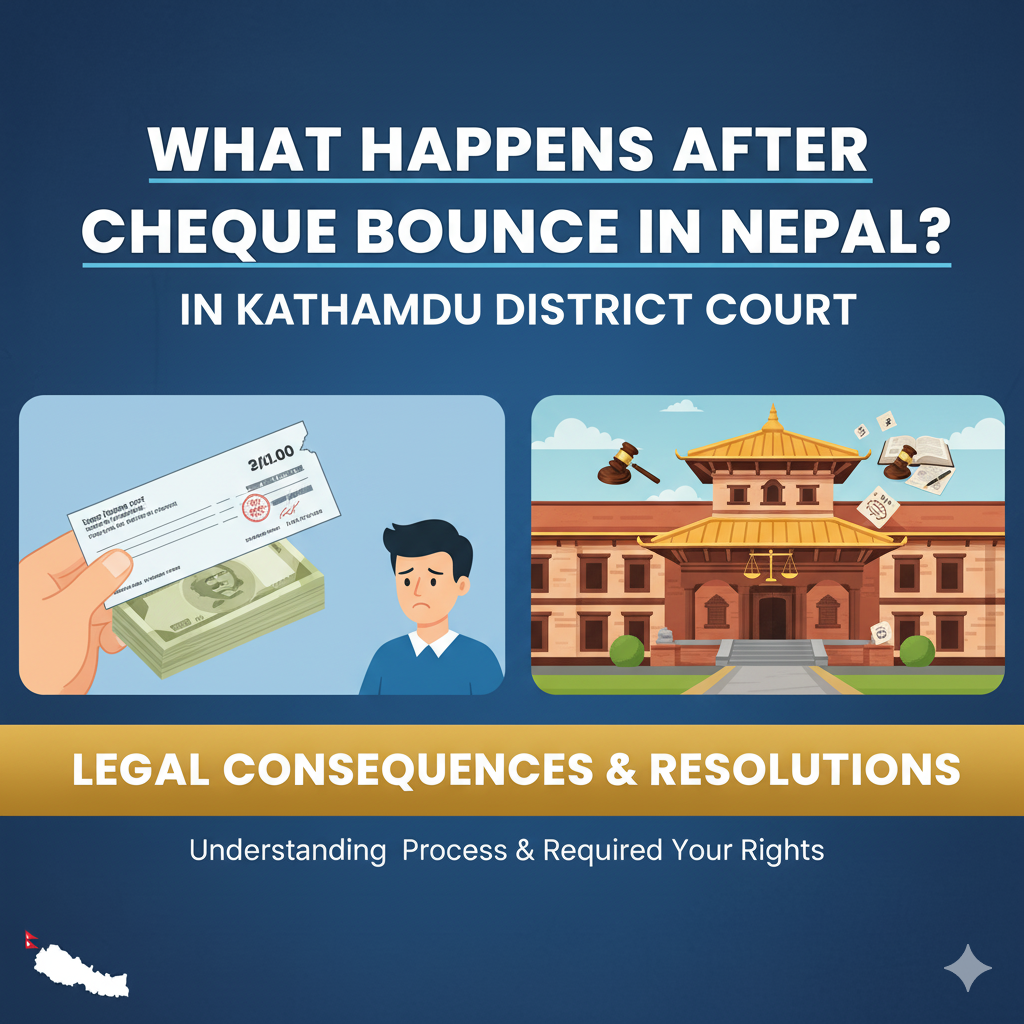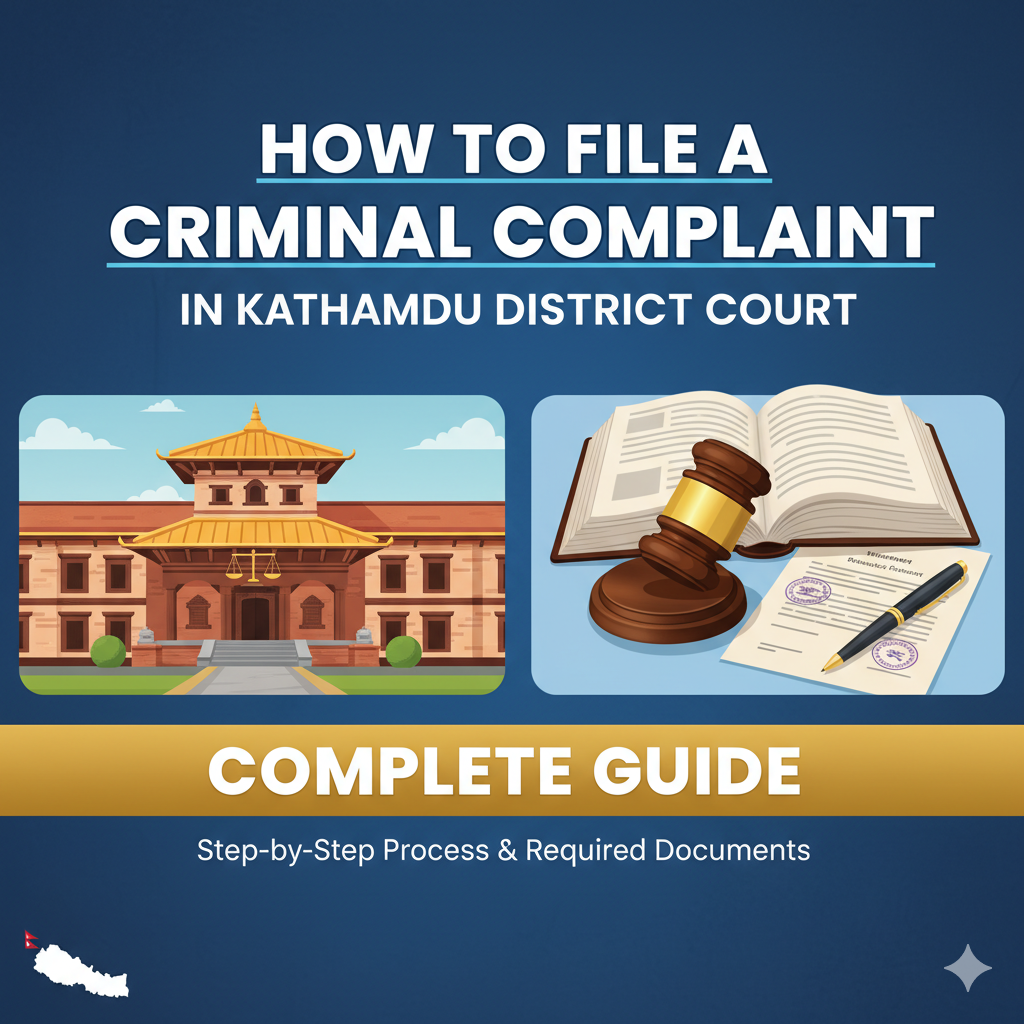
Understanding VAT Registration Requirements in Nepal
Value Added Tax registration has become mandatory for businesses crossing specific thresholds in Nepal. The VAT registration threshold in Nepal is NPR 5 million (approximately USD 37,500) in annual turnover. Understanding these requirements helps businesses stay compliant with tax regulations.
VAT Registration Thresholds in Nepal
Mandatory Registration Limits
| Business Type | Annual Turnover Threshold | Registration Requirement |
|---|---|---|
| Goods Trading | NPR 5 million | Mandatory |
| Service Providers | NPR 2 million | Mandatory |
| Mixed Business | NPR 2 million | Mandatory |
| Importers | Any amount | Mandatory |
| Exporters | Any amount | Mandatory |
Additional Registration Criteria
Importing taxable goods worth more than Rs 10,000 at a time requires VAT registration. Taking a commercial loan exceeding Rs 10 lakh per annum also triggers registration requirements.
How to Register for VAT in Nepal: Step-by-Step Process
Step 1: Obtain PAN Registration
In order to register to VAT, the business must be registered to PAN (Permanent Account Number). PAN registration must be completed before VAT application.
Step 2: Complete Online Application
Fill up the online VAT Registration form via the official site of IRD. The digital platform simplifies the application process significantly.
Step 3: Submit Required Documents
Provide required information such as registration number, business address, director’s details, and estimated turnover.
Step 4: Biometric Verification
One of the business owners or directors must appear in person at IRD with original documents for biometric verification.
Step 5: Receive VAT Certificate
After verification, IRD issues the VAT Registration certificate for legal business operations.
Required Documents for VAT Registration
Individual Business Owners
- PAN certificate (original and copy)
- Citizenship certificate
- Business registration certificate
- Bank account details
- Passport-size photographs
Companies and Organizations
- Company registration certificate
- Memorandum and Articles of Association
- Directors’ details and identification
- Authorized signatory documents
- Office lease agreement
VAT Registration Process Timeline
| Stage | Duration | Action Required |
|---|---|---|
| Online Application | 1-2 days | Complete digital forms |
| Document Submission | 3-5 days | Submit required papers |
| Verification | 5-7 days | Biometric verification |
| Certificate Issuance | 1-3 days | Receive VAT registration |
Benefits of VAT Registration
Input Tax Credit
Registered businesses can claim input tax credits on purchases. This reduces overall tax burden and improves cash flow management.
Business Credibility
VAT registration enhances business credibility. Customers and suppliers prefer dealing with registered entities for legitimate transactions.
Government Contracts
Many government tenders require VAT registration. This opens opportunities for public sector business engagements.
VAT Rates in Nepal
Standard Rate
The standard VAT rate in Nepal is 13% on most goods and services.
Zero-Rated Items
- Basic food items
- Educational materials
- Healthcare products
- Export goods
Exempt Items
- Financial services
- Insurance products
- Residential rent
- Agricultural products
Online VAT Registration Process
IRD Portal Access
CompanyDartaNepal provides comprehensive registration services including document preparation and online submission assistance.
Digital Documentation
All documents can be uploaded digitally. However, original verification remains mandatory for final approval.
Common Mistakes to Avoid
Delayed Registration
Businesses that exceed this threshold must register for VAT within 30 days of crossing the limit. Late registration attracts penalties and interest charges.
Incomplete Documentation
Missing documents delay the registration process. Ensure all required papers are prepared before application submission.
Incorrect Information
Providing wrong business details can lead to rejection. Double-check all information before final submission.
VAT Compliance Requirements
Monthly Returns
Registered businesses must file monthly VAT returns by the 25th of following month.
Record Keeping
Maintain proper books of accounts and supporting documents for at least five years.
Invoice Requirements
Issue proper tax invoices for all taxable supplies with mandatory details.
Voluntary VAT Registration
Businesses with turnover below this threshold can voluntarily register for VAT if they want to claim input tax credits or enhance business credibility.
VAT Deregistration Process
To deregister from VAT in Nepal, businesses must follow these steps: Submit a VAT deregistration application (Form VAT-07) to the tax office. Valid reasons include business cessation or turnover falling below thresholds.
Frequently Asked Questions (FAQs)
Q1: What is the current VAT rate in Nepal?
The standard VAT rate is 13% on most goods and services.
Q2: Can I register for VAT voluntarily?
Yes, businesses below the threshold can voluntarily register for VAT benefits.
Q3: How long does VAT registration take?
The complete process typically takes 10-15 working days from application submission.
Q4: What happens if I don’t register on time?
Late registration attracts penalties and interest charges on outstanding tax liabilities.
Q5: Can I register online?
Yes, initial application can be completed online, but physical verification is required.
Q6: What documents do I need for registration?
PAN certificate, business registration, identification documents, and bank account details.
Q7: Is VAT registration mandatory for all businesses?
No, only businesses crossing specific turnover thresholds or engaging in import/export activities.
Q8: Can I deregister from VAT?
Yes, through proper application process if business meets deregistration criteria.
Professional Assistance
Complex VAT registration cases require professional guidance. Tax consultants and chartered accountants provide specialized services for smooth registration processes.
Conclusion
VAT registration in Nepal has been streamlined through digital platforms. Understanding thresholds, requirements, and procedures ensures smooth compliance. Businesses exceeding NPR 5 million must register for VAT while smaller entities can opt for voluntary registration.
The registration process involves online application, document submission, biometric verification, and certificate issuance. Proper preparation and timely submission prevent delays and penalties.
Stay updated with changing regulations and seek professional advice for complex situations. VAT registration opens doors to input tax credits, business credibility, and government contract opportunities.



